God of War Ragnarok sparks fresh debate as fans clash over mythology, representation, and creative liberties in gaming.

Just when you thought the dust had settled on God of War Ragnarok’s Angrboda controversy, social media has found a way to reignite the flames. What started as a heated debate about character representation in 2021 has evolved into something far more contentious: a battle over who “owns” cultural mythology and historical narratives.
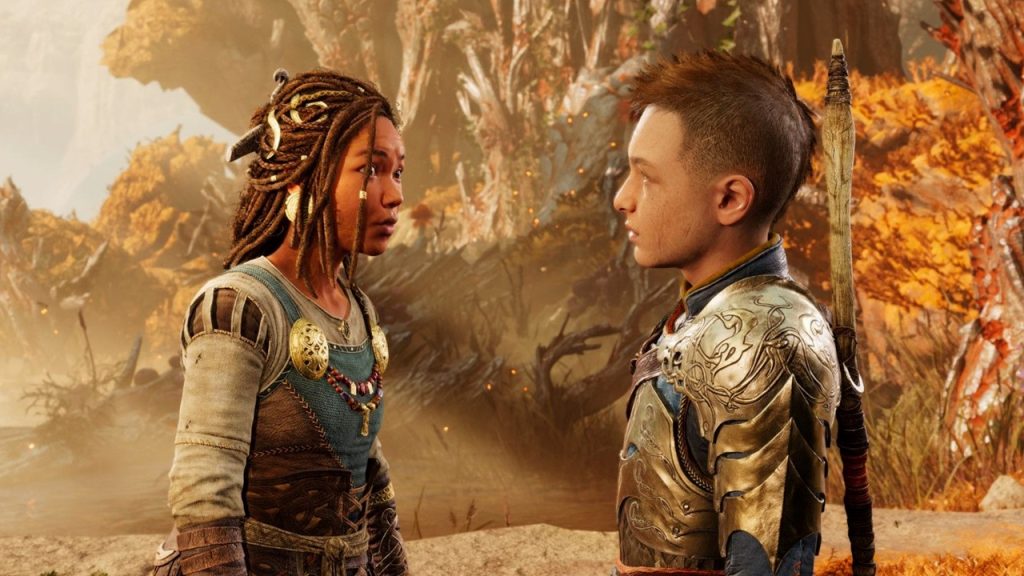 Angrboda and Atreus in God of War Ragnarök. | Image Credit: Santa Monica Studio
Angrboda and Atreus in God of War Ragnarök. | Image Credit: Santa Monica Studio
It’s a tale as old as gaming itself—the delicate dance between creative freedom and cultural authenticity. But this time, the discussion has taken an interesting turn, with some making bold claims about historical accuracy that would make even Odin raise an eyebrow.
And while God of War has always played fast and loose with mythology (Zeus probably never expected to be punched quite so many times), the latest round of debate touches on something deeper than just creative license.
When historical accuracy meets modern gaming
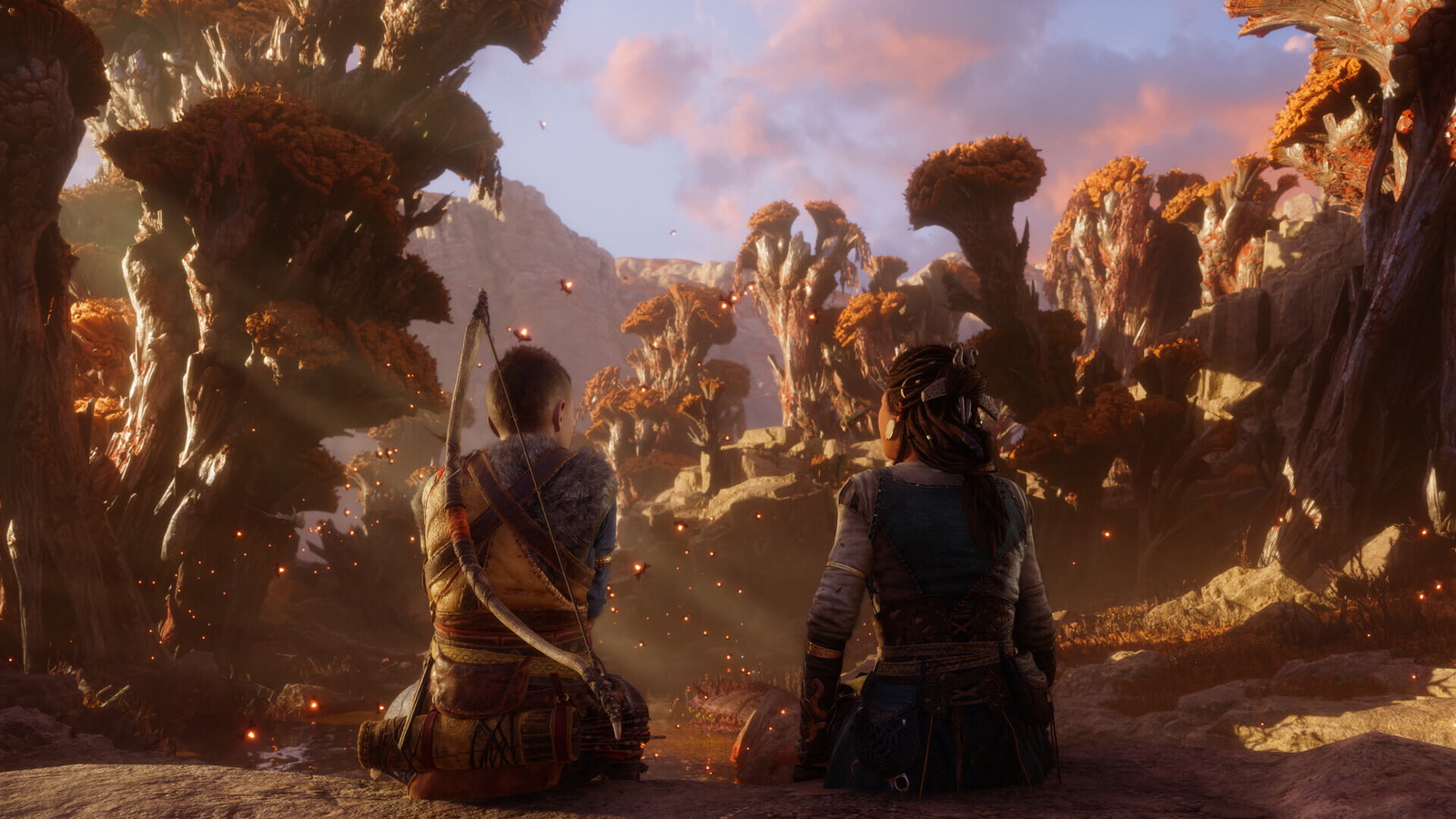
⛶
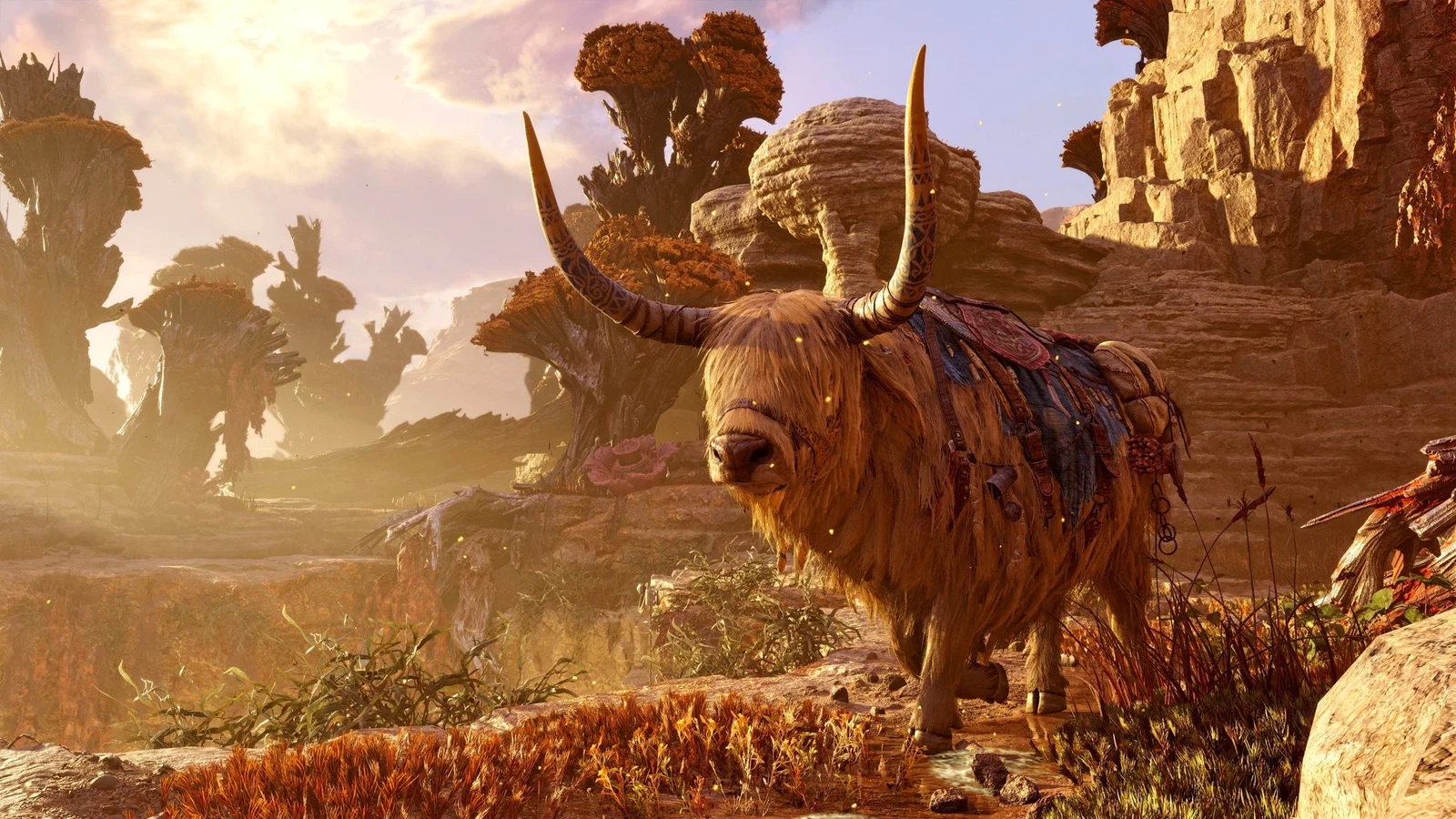
⛶
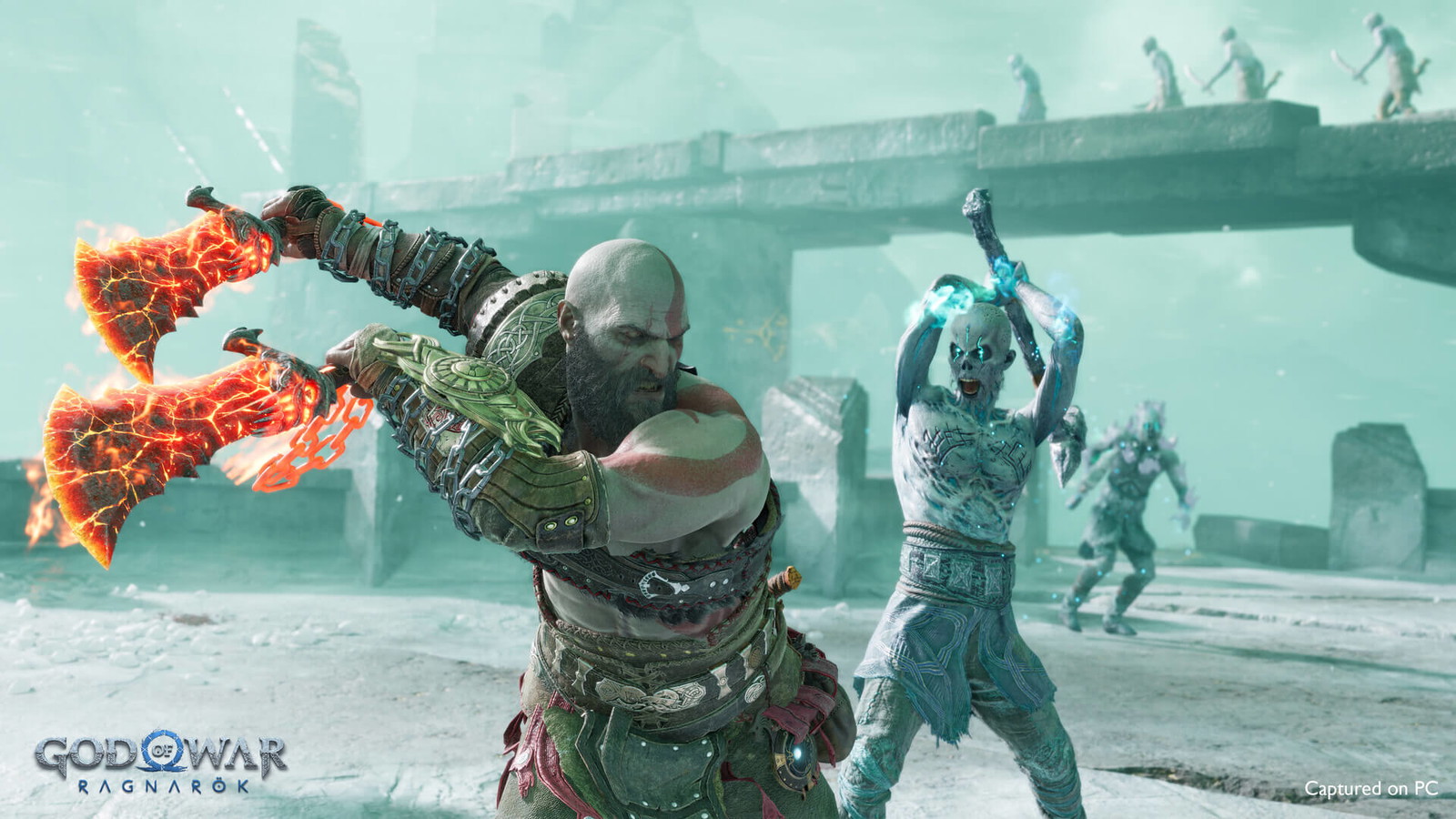
⛶
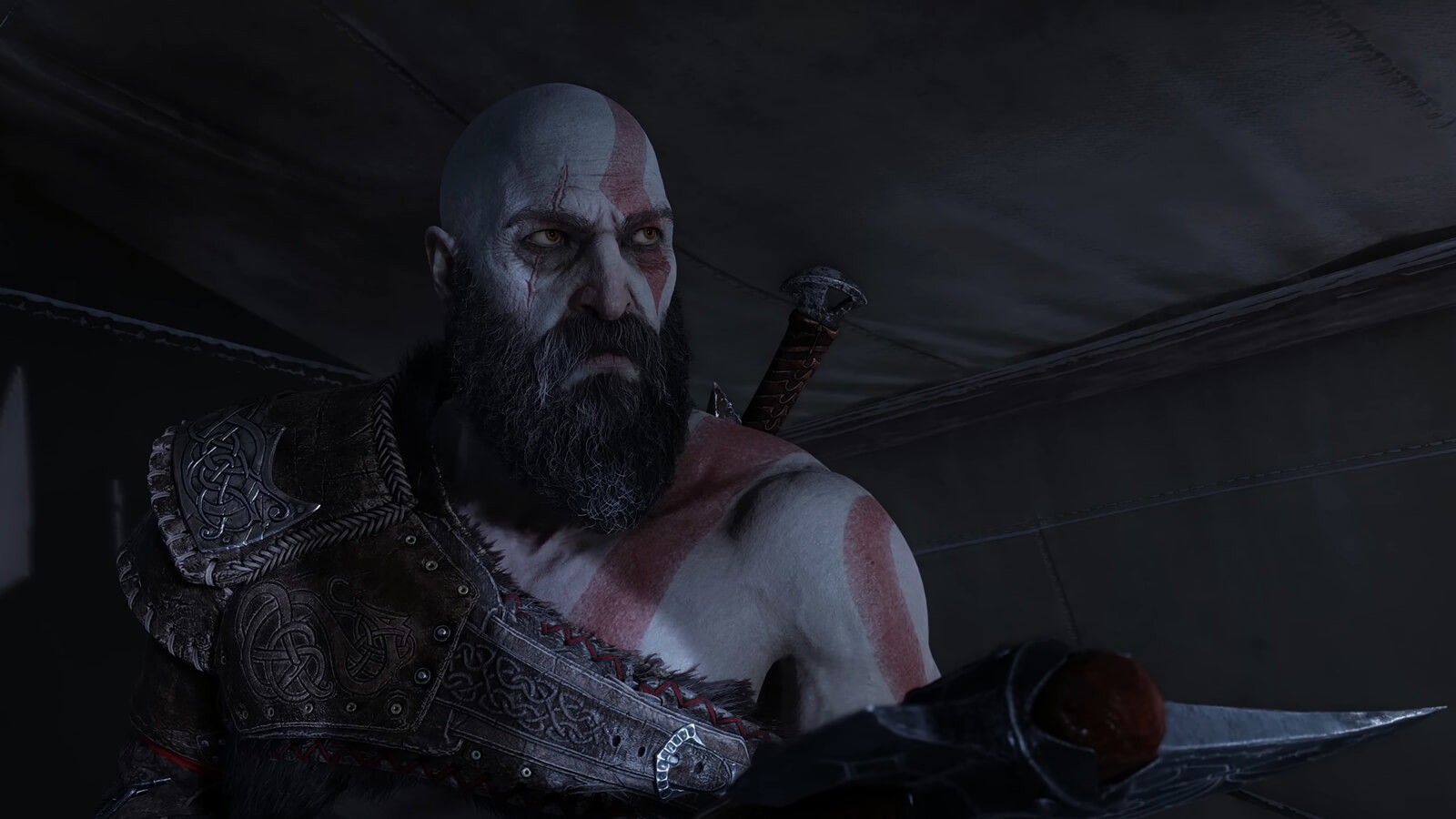
⛶
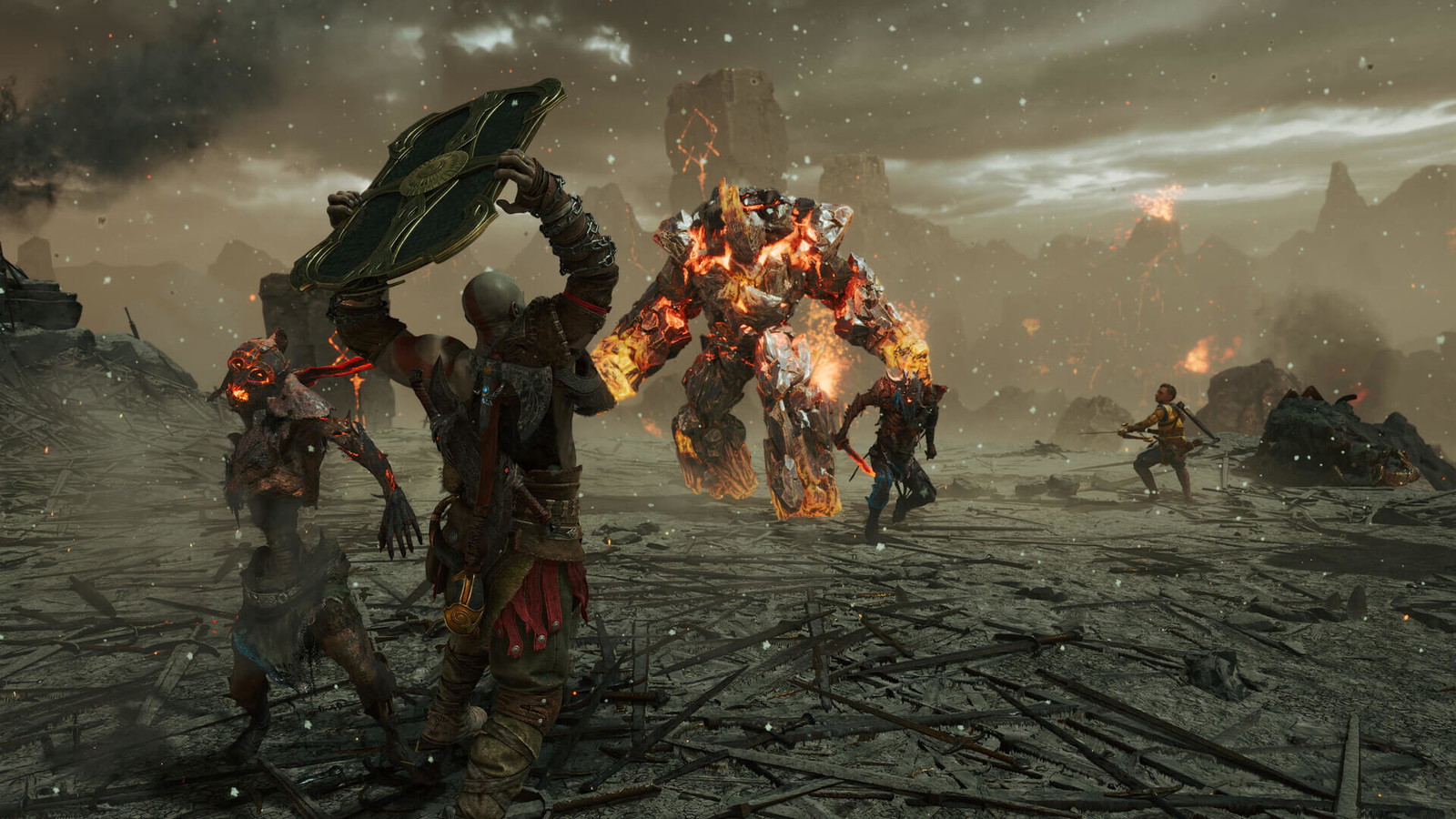
⛶





Remember when the biggest controversy in gaming was Mario’s plumbing credentials? Those were simpler times. Now we’re dealing with claims that would make historians choke on their mead:
>claims black vikings are historically accurate
>knows deep down they are not
>can’t handle the truth
>starts gaslightingMany such cases. pic.twitter.com/75CSwURubo
— iamyesyouareno (@iamyesyouareno) December 11, 2024
Now, let’s be clear—God of War has always taken creative liberties with mythology. Kratos himself is a Greek demigod somehow wandering around in Norse realms, and nobody’s batting an eye at that. But there’s a crucial difference between creative interpretation and historical revisionism, especially when it comes to real cultures and their heritage.
As a Scandinavian, this one actually felt so weird. And I actually like Heimdall in Thor, because they transformed Asgard from being divine beings to being aliens. Meanwhile GoW is literally about the mythology
— Keltix (@Keltix0702) December 12, 2024
The distinction here is crucial. While the MCU has cleverly sidestepped historical accuracy by reimagining Norse gods as advanced aliens (clever move, Marvel), God of War explicitly presents itself as an interpretation of actual mythology. It’s the difference between saying “Here’s our spin on these characters” and “This is how it actually was.”
Some players took particular issue with the attempt to blur the lines between mythology and historical fact:
Vikings are not mythology. I am literally the modern day descendant of the Norman invasion of England.
— Luke (@praterlucask) December 11, 2024
The frustration isn’t just about character design choices—it’s about the increasingly common practice of retroactively applying modern sensibilities to historical cultures, then defending those choices with questionable claims:
“Don’t get in the way of us re-writing History. That’s a racist thing to do.”… pic.twitter.com/zULo4UxL91
— Simon Grunchy (@SimonGrunchy) December 11, 2024
And this isn’t just about God of War anymore—it’s about a broader trend in entertainment where valid discussions about representation sometimes veer into territory that makes actual historians want to ragnarök and roll.
Finding balance in the Nine Realms
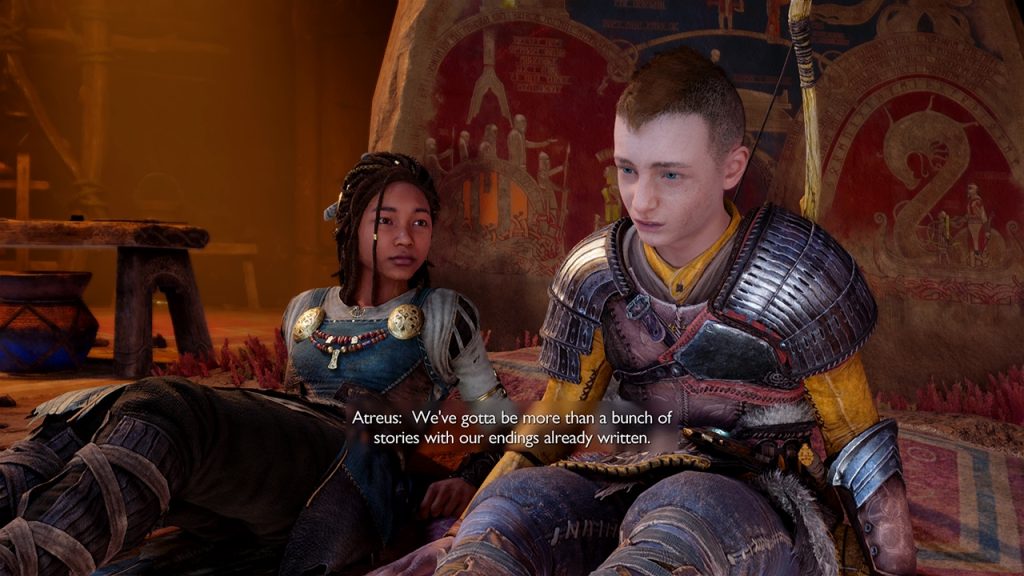 That sweet spot between creative freedom and cultural respect. | Image Credit: Santa Monica Studio
That sweet spot between creative freedom and cultural respect. | Image Credit: Santa Monica Studio
Looking beyond the controversy, it’s worth noting that Angrboda’s character itself has received praise for its writing and performance:
hottake: Angrboda wasn’t an issue for me. The actor did good. There was no message behind it for an agenda. just something they did.
Ragnarok was still beyond amazing as a game.— Eternal_Spartan (@Spartan_Eternal) December 11, 2024
This highlights an important point: quality storytelling often transcends these debates. Santa Monica Studio designed a compelling character that contributed meaningfully to the overall narrative. However, this doesn’t invalidate discussions about cultural authenticity in gaming.
The gaming industry’s approach to cultural representation needs careful consideration. If we accept the argument that “mythology belongs to everyone,” where do we draw the line? Would it be equally acceptable to reimagine African or Native American mythologies with different cultural contexts? The answer, quite obviously, is no.
The solution isn’t to avoid cultural stories altogether but to approach them with respect and understanding. Developers can create inclusive games while still honoring the cultural contexts they draw from. It’s not about restriction—it’s about responsible creativity.
What’s your take on this ongoing debate? Should developers prioritize historical accuracy when adapting cultural mythologies, or is creative freedom more important? Share your thoughts in the comments below!

